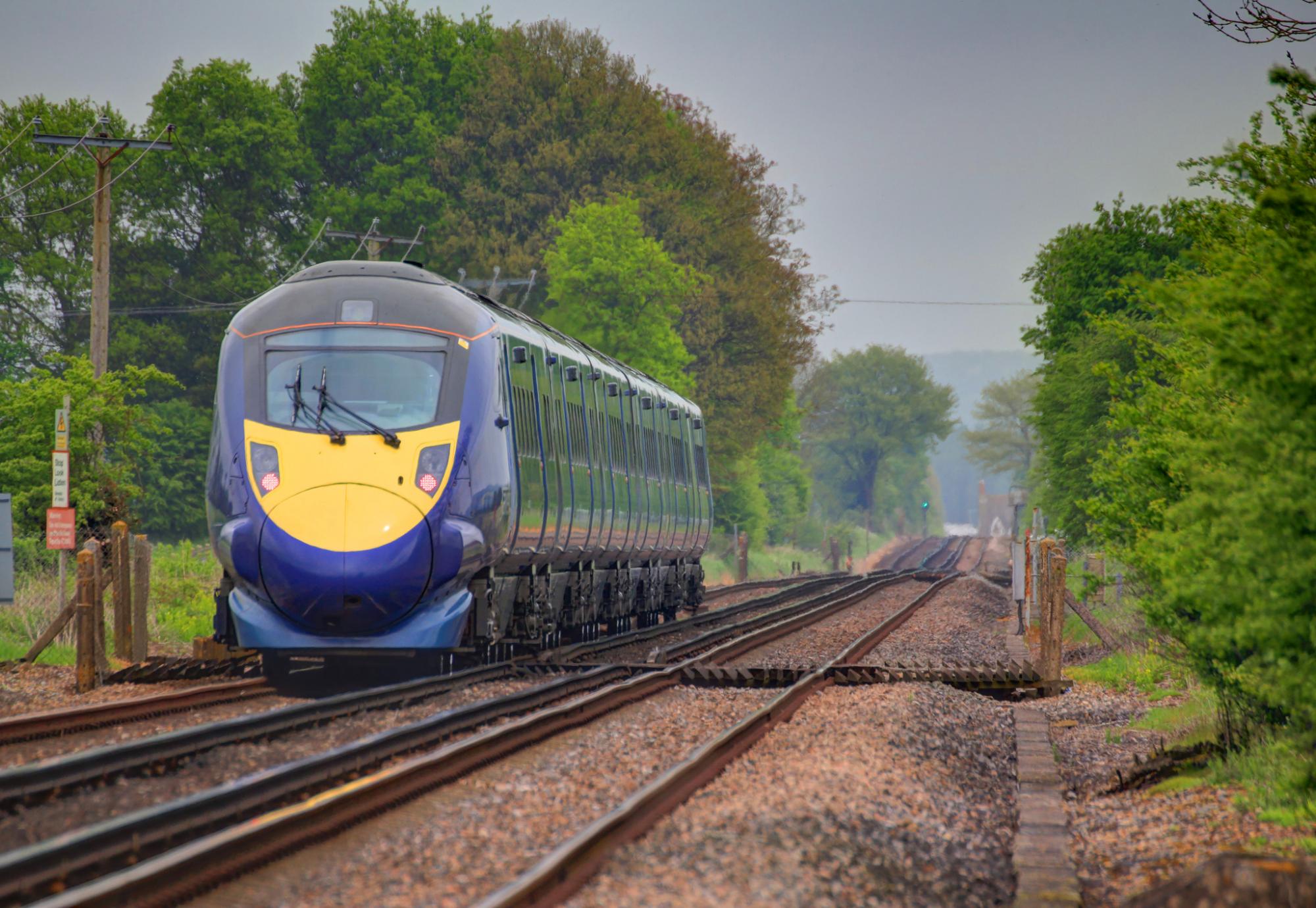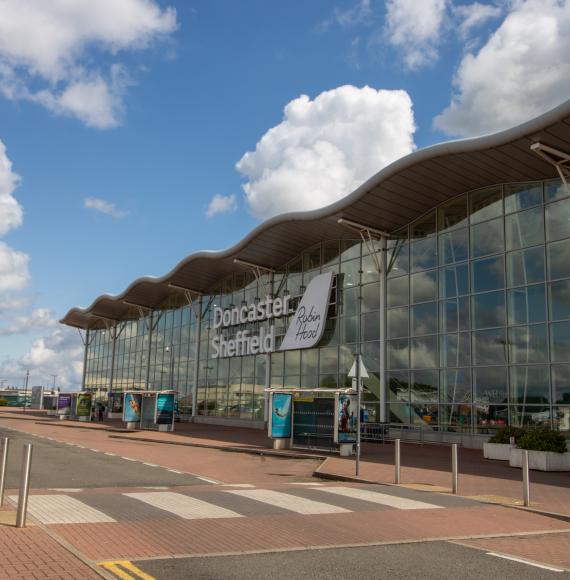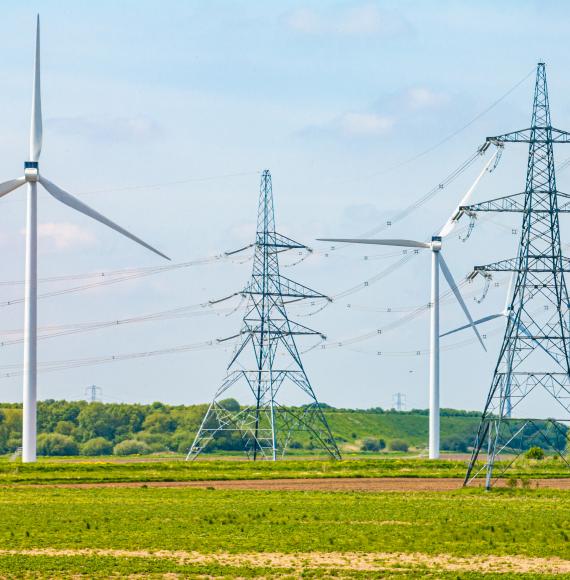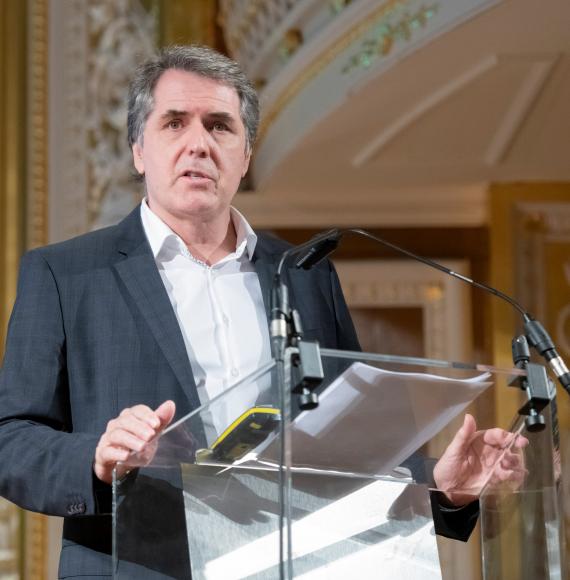In a groundbreaking move, the UK government has unveiled plans for a landmark bill aimed at overhauling Britain's railway system to delvier for communities.
This ambitious initiative promises to establish Great British Railways (GBR), a new entity designed to unify track and train operations, delivering reliable services and fostering nationwide growth.
The proposed bill, detailed in a consultation launched today, seeks to dismantle the current fragmented rail system. By placing passengers at the heart of decision-making, the government aims to prevent major disruptions like the 2018 timetabling crisis. The consultation will engage with industry stakeholders to streamline operations, eliminate inefficiencies, and simplify fare structures.
Transport Secretary Heidi Alexander said:
“Passengers have put up with broken railways for far too long. This landmark reform will sweep away decades of failure, creating a Great British Railways passengers can rely on.
“We’re giving passengers a powerful voice with a new watchdog dedicated to addressing their biggest concerns, building railways people can trust, improving our services and boosting the economy in the process – the priority in our Plan for Change.”
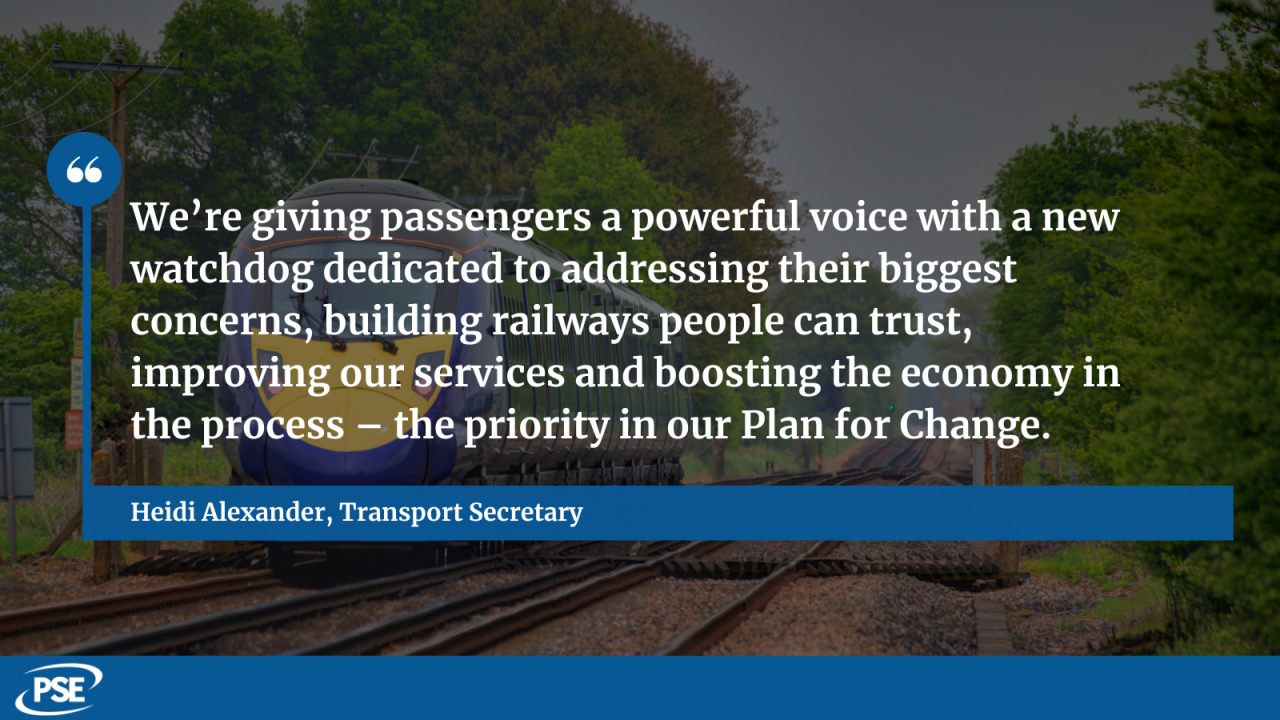
A key feature of the bill is the creation of an independent passenger watchdog. This body will ensure GBR addresses top passenger complaints, providing clear travel information and tackling the complex fare system. The watchdog will hold train operators accountable, arbitrate unresolved complaints, and set standards for passenger services. Persistent issues will be referred to the railway regulator for enforcement action.
Growth is central to the government's agenda, and GBR will collaborate with the private sector to create jobs and drive investment. The bill outlines plans to invest billions in the private sector supply chain, ensuring coordinated improvements and long-term business assurance. A comprehensive rail strategy will provide industry certainty, including a long-term plan for rolling stock.
Open access services will continue to play a role in the network, promoting growth, connectivity, and passenger choice. These services will be evaluated to ensure benefits outweigh costs and performance impacts. The bill represents a significant step towards a unified, simplified railway system, raising living standards and connecting people to essential services.
Andy Burnham, Mayor of Greater Manchester, commented:
“This is a once-in-a-generation opportunity to overhaul how the railways are run – creating a service that puts passengers first, with more reliable trains and simpler fares and tickets.
“In Greater Manchester things are already changing. We’re working in partnership with the government and the rail industry on plans for the next phase of the Bee Network, to join up our trains, buses, trams and active travel routes, moving from a fragmented system to one that is more accountable to our residents. We look forward to helping shape the bill, with a statutory role for Mayors and city regions in making the railways work for everyone.”
Ahead of GBR's establishment, the government is already implementing reforms, such as simplifying fares and modernising ticketing. The rollout of Pay As You Go ticketing will offer passengers greater flexibility, with plans for expansion in Greater Manchester and the West Midlands. The Public Ownership Act, which received Royal Assent last year, aims to boost economic growth by encouraging rail use and reinvesting savings into the network.
North East Mayor Kim McGuinness added:
“Passengers are crying out for a rail service that works for them. We need our train services to be joined up and much more reliable – helping more people get to where they need to be for the right price.
“The North East is poised to make the most of the opportunity that rail reform presents to transform the network. Our recent North East Local Transport Plan public consultation shows most people want an integrated network and that’s what I will deliver in North East England. We are already taking steps to integrate rail ticketing in our region with the Metro system but we are ready to do so much more.”
The consultation seeks to explore far-reaching reforms and how GBR will interact with the industry to drive up standards and boost the economy. By focusing on passenger needs and fostering collaboration with the private sector, the government aims to deliver a railway system that meets the demands of the 21st century.
Image credit: iStock

